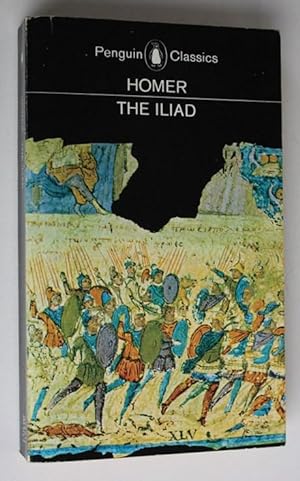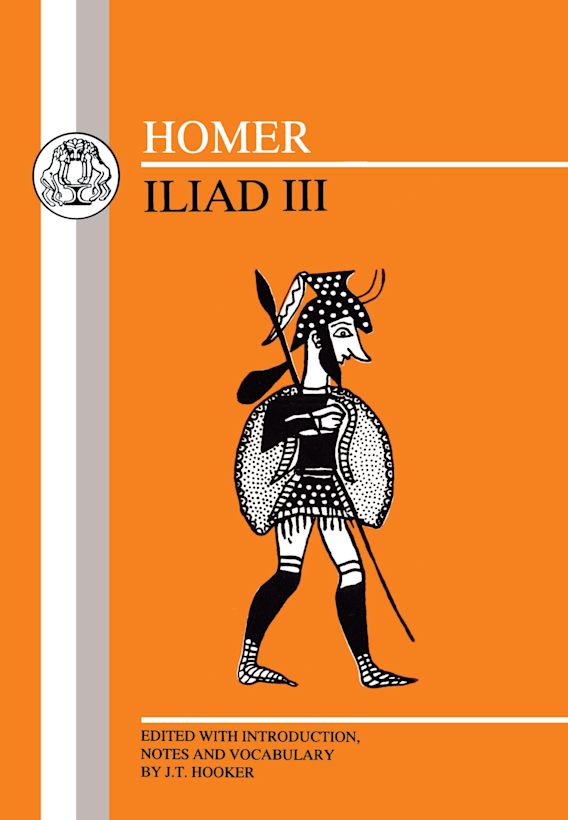
Zeus’s son Sarpedon dies within the Iliad, and Thetis has to deal with the imminent death of her son Achilles. The gods, by contrast, don’t have to worry about dying. But the other warriors too, including the Trojan hero Hector, are prepared to die young. His choice of the latter marks him out as heroic, and gives him a kind of immortality. We learn that he had been given a choice – a long life without heroic glory, or a short and glorious life in war. Achilles is youthful and headstrong, and has a goddess for a mother, but even he has to die. The poignancy of life and death is enhanced by the fact that the victims of war are usually young. Death and WarĪ central idea in the Iliad is the inevitability of death (as also with the earlier Epic of Gilgamesh). Pan-Hellenism, therefore, is central to the Iliad. Likewise the Greek attack on Troy was a collective quest drawing on forces from across the Greek world. It therefore had a strong resonance throughout the Greek world, and is often thought of as a “pan-Hellenic” poem, a possession of all the Greeks. The language of the Iliad is a conflation of different regional dialects, which means that it doesn’t belong to a particular ancient city as most other ancient Greek texts do. In the Odyssey, a bard called Demodocus sings on request in an aristocratic context about the Wooden Horse at Troy, giving a sense of the kind of existence “Homer” might have led.


It has a metrical form known as “dactylic hexameter” - a metre also associated with many other epic poems in antiquity (such as the Odyssey, and the Aeneid, the Roman epic by Virgil). In its current arrangement (most likely after the establishment of the Alexandrian library in the early 3rd century BC), it is divided into 24 books corresponding to the 24 letters of the Greek alphabet. The Iliad was composed as one continuous poem. History and archaeology also teach us that there may have been a historical “Trojan war” at the end of the second millennium BC (at Hissarlik in western Turkey), although it was very unlike the one that Homer describes. This tradition of oral composition probably reaches back hundreds of years before the Iliad.Įarly epic poetry can be a way of maintaining the cultural memory of major conflicts.

The Iliad was probably put together around 700 BC, or a bit later, presumably by a brilliant poet immersed in traditional skills of oral composition (ie “Homer”). We know virtually nothing about Homer and whether he also created the other poem in his name, the Odyssey, which recounts the return journey of Odysseus from the Trojan war, to the island of Ithaca. Achilles dragging the body of Hector behind his chariot.


 0 kommentar(er)
0 kommentar(er)
